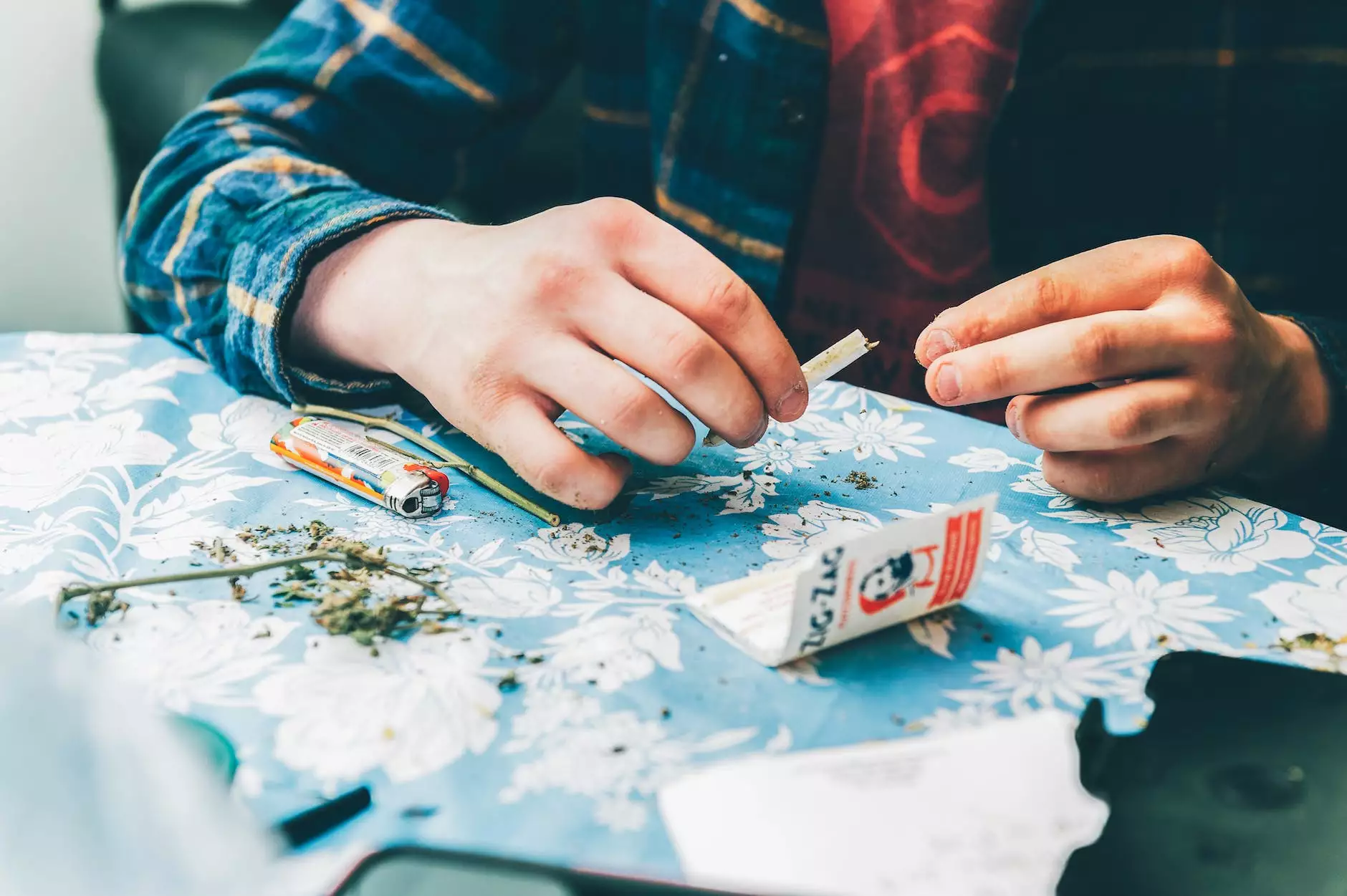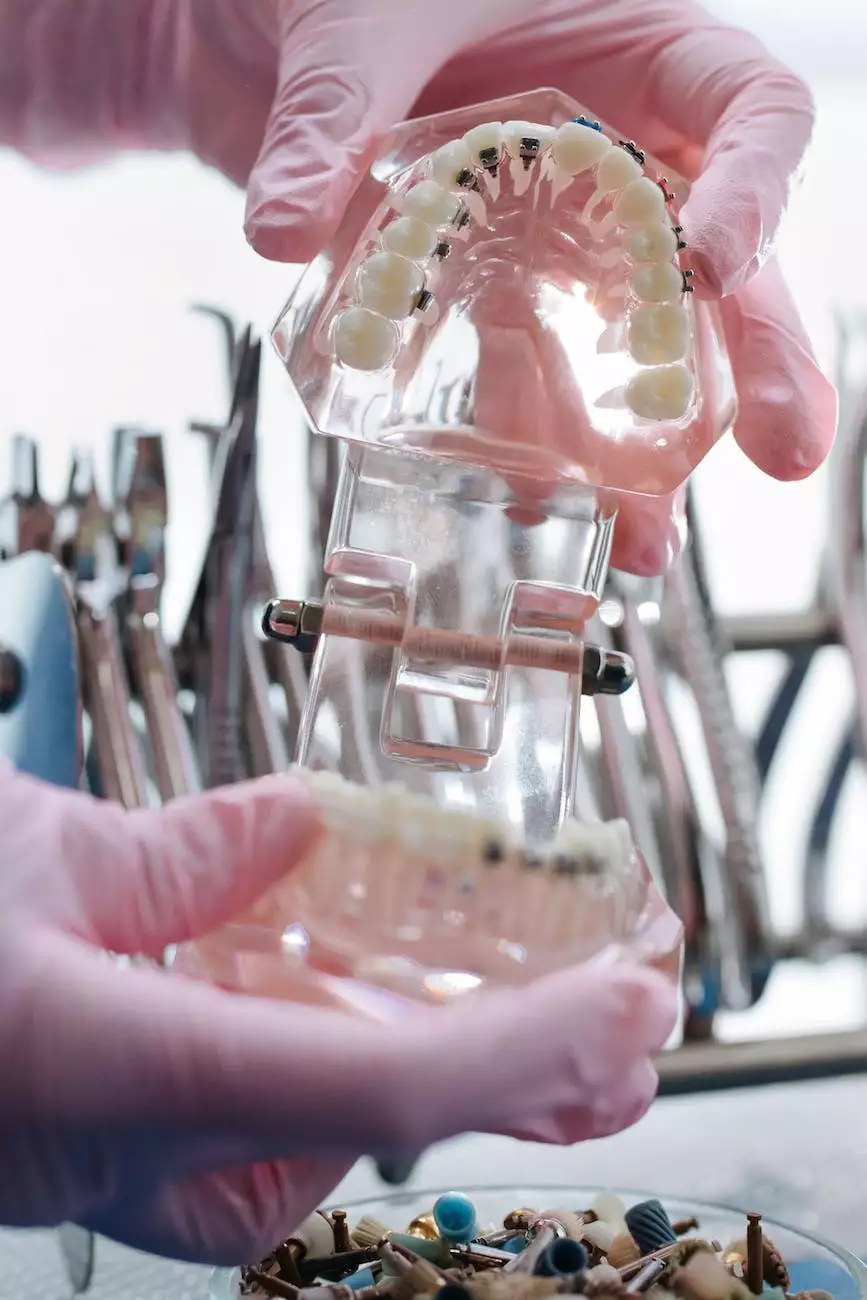LCL Tear | Torn Lateral Collateral Ligament in Your Knee
Blog
Understanding LCL Tear
An LCL tear, which stands for Lateral Collateral Ligament tear, is a common injury that affects the stability of the knee joint. The lateral collateral ligament is located on the outer side of the knee and helps in stabilizing the joint, preventing excessive sideways movement. When this ligament is torn, it can lead to pain, instability, and difficulty in performing daily activities.
Causes of LCL Tear
There are several causes for an LCL tear, including:
- Direct impact to the inner side of the knee
- Forceful twisting of the knee
- Hyperextension of the knee joint
- Participation in activities or sports that involve sudden changes in direction
Symptoms of LCL Tear
When you have an LCL tear, you may experience the following symptoms:
- Pain on the outer side of the knee
- Swelling and bruising
- Instability and difficulty bearing weight on the affected leg
- Clicking or popping sounds inside the knee
Diagnosis of LCL Tear
If you suspect an LCL tear, it is important to consult a healthcare professional. They will conduct a thorough examination of your knee, which may include:
- Medical history review
- Physical examination
- Diagnostic imaging tests such as X-ray, MRI, or ultrasound
Treatment of LCL Tear
The treatment options for an LCL tear depend on the severity of the injury. Here are some common treatment approaches:
- Conservative treatment: This includes rest, ice, compression, and elevation (RICE), as well as physical therapy to strengthen the surrounding muscles and improve stability.
- Bracing: A knee brace can be used to provide additional support to the knee joint during the healing process.
- Medications: Non-steroidal anti-inflammatory drugs (NSAIDs) may be recommended to manage pain and reduce inflammation.
- Surgical intervention: In severe cases where conservative methods don't yield desired results, surgical repair or reconstruction of the LCL may be necessary.
Recovery and Rehabilitation
The recovery period for an LCL tear varies depending on the severity of the injury and the chosen treatment. Physical therapy plays a crucial role in rehabilitation and restoring functionality to the knee. It typically involves exercises to improve strength, flexibility, balance, and coordination. Adhering to your healthcare professional's guidance and following the rehabilitation plan diligently can help optimize your recovery.
Prevention of LCL Tear
While some LCL tears may occur due to unforeseen accidents, there are measures you can take to reduce the risk:
- Wearing proper protective gear and footwear
- Practicing warm-up exercises before engaging in physical activities
- Gradually increasing the intensity and duration of exercise
- Using proper techniques and form during sports or exercises
- Listening to your body and avoiding overexertion
Regency Square Care Center - Providing Comprehensive Geriatric and Aging Care
Regency Square Care Center is a leading healthcare provider specializing in geriatric and aging care. We understand the challenges faced by individuals dealing with orthopedic injuries like LCL tears, and our dedicated team of healthcare professionals is committed to providing the highest quality care and support.
Our state-of-the-art facility is equipped with the latest technology, allowing us to accurately diagnose and effectively treat LCL tears. Our multidisciplinary approach combines medical expertise, physical therapy, and compassionate care to ensure optimal patient outcomes and a smooth recovery.
At Regency Square Care Center, we prioritize individualized treatment plans tailored to each patient's unique needs. Our experienced team works closely with patients to develop comprehensive rehabilitation programs, aiming to restore function, alleviate pain, and improve quality of life.
If you or a loved one has suffered a torn lateral collateral ligament in the knee, don't hesitate to contact Regency Square Care Center. Our compassionate team is here to guide and support you on your journey to recovery.



